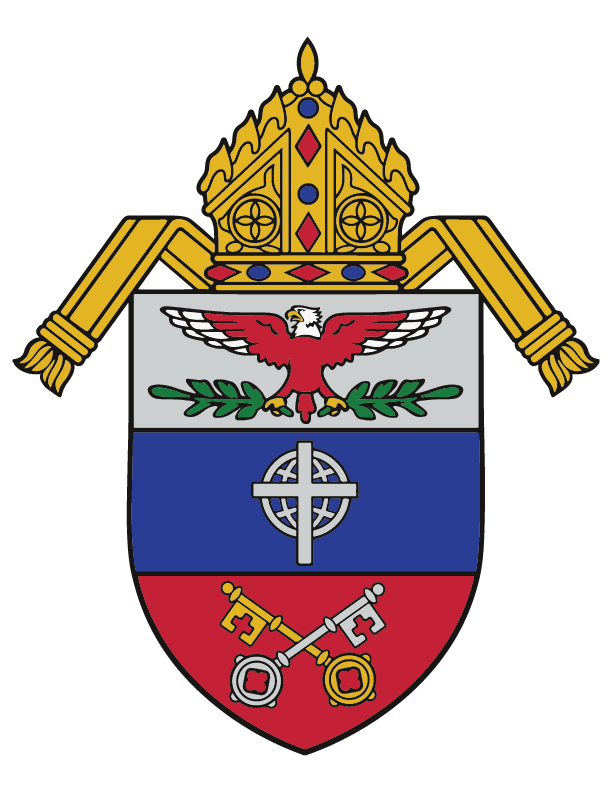By Commander Amy Hunt, US Navy
In July 2009, I made a pilgrimage to Rwanda with genocide survivor and Catholic evangelist, Immaculée Ilibagiza. It was the 15th anniversary of the horrific genocide that claimed nearly a million lives. While the country was showing remarkable signs of recovery, along the roads and in the villages one could still see evidence of the past bloodshed: many (too many) maimed and scarred individuals with haunted stares, buildings and churches damaged or destroyed, and occasional “genocide memorials” erected by contrite Rwandans as a sober warning to future generations.
During this trip, our little band of pilgrims journeyed to Immaculée’s former village, idyllically situated on a hill above shimmering Lake Kivu. It was here that she lost her mother, father, and two of her brothers. It was here that she spent 100 days in hiding, squeezed into a small bathroom with 7 other women by a compassionate neighbor, fearful for her life and waiting helplessly for the killing to end. It was also here that she learned to pray, really pray, the rosary and the words of the Our Father: “Forgive us our trespasses, as we forgive those who trespass against us.”
This experience has returned to my thoughts in recent days as I’ve increasingly encountered Sailors under my command who are haunted by their own horrific memories. The nearly 15 years of fighting overseas and frequent deployments have taken a heavy toll on our service-members and their families. Many are just battle-weary but some are what I’d call “broken”. The evidence of their shattered lives abounds in issues like divorce, depression, suicide, domestic violence, and self-medication with drugs, alcohol, sex, etc. There seems to be a common desire to either escape the pain or escape themselves. Seeing no easy resolution, many just “check out.”
All this reflection leads me to believe that a key step for veterans seeking to recover from the visible and invisible wounds of war is what I witnessed in many faith-filled survivors of the Rwandan genocide: forgiveness. During this Year of Mercy, especially, those of us who are suffering from injuries committed against us or shame and self-recrimination over offenses that we’ve committed can find real healing in the Church’s Sacraments. Pope Francis even commissioned the Missionaries of Mercy to hear confessions during this Jubilee Year and be “a living sign of the Father’s welcome to all those in search of his forgiveness.”
We have to remember that real forgiveness is an act of mercy which flows from the Cross. “Father forgive them, for they know not what they do.” Christ gave us the most perfect and enduring example of this merciful act, making it possible for us to follow suit. This power to forgive ourselves or others comes through grace and not our own strength. To forgive doesn’t require that the offender first seek to make amends either. It requires only our decision to let go of the claim of past memories and grudges on our life. In this “letting go” is our freedom.
As we walked around Immaculée’s village that day, a lone man approached her with downcast eyes. It was an old neighbor who had been found guilty of murdering two of her family members and had served time in prison for his crimes. He had only recently been released. We watched in awe as Immaculee and the penitent man spoke in hushed voices, one asking for, and the other granting forgiveness. It was a moment of healing for both of them. If a victim of such senseless tragedy can learn to let go of the evil in her past, surely we can too!
